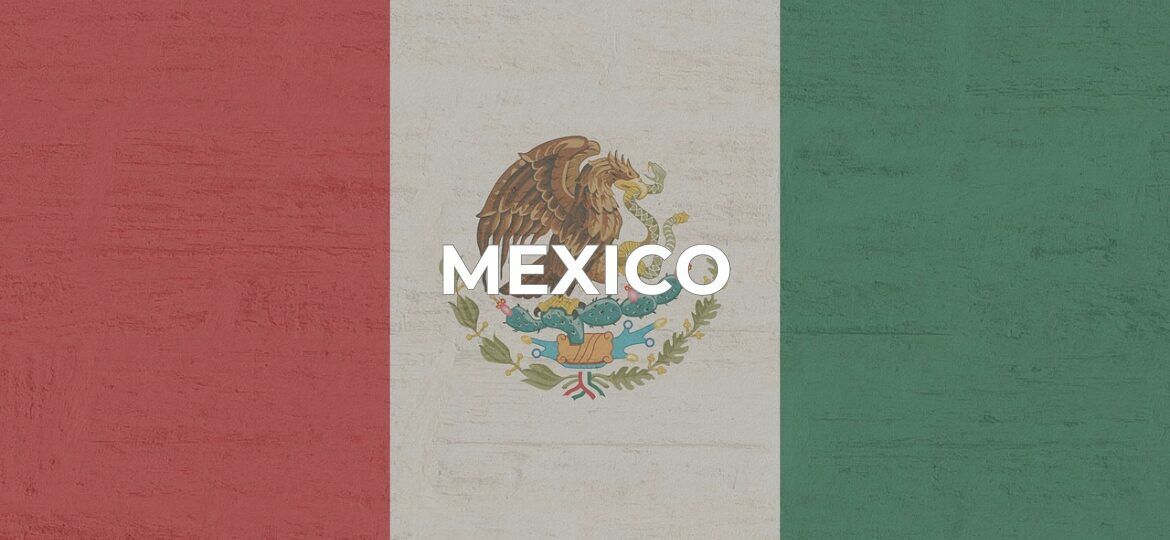
Human rights defenders in Chiapas face an increasingly hostile environment, marked by intimidation, criminalization, and violence. Recent incidents underscore the urgent risks confronting civil society actors and the communities they serve.
The home of Dora Roblero, director of the Centro de Derechos Humanos Fray Bartolomé de Las Casas (CDH Frayba), was recently raided, highlighting the persistent harassment faced by the organization. CDH Frayba, a key defender of Indigenous and vulnerable communities, has endured at least 46 attacks since 2024, including surveillance, raids, and defamatory statements from public officials. The organization has been under precautionary measures from the Inter-American Commission on Human Rights since 2010, reflecting longstanding threats to its staff.
Between January 2024 and mid-2025, 156 attacks against defenders were documented in Chiapas, including four killings and 131 individuals targeted in retaliation for their human rights work. These attacks range from intimidation, defamation, and surveillance to armed assaults, exemplified by incidents such as the Nueva Morelia massacre, the murder of priest Marcelo Pérez Pérez, and attacks on members of the civil organization Las Abejas de Acteal. Perpetrators have included both organized crime groups and state security forces.
In a parallel pattern of harassment, Luis García Villagrán, founder of the Centro de Dignificación Humana A.C., was arrested on 5 August 2025 in Tapachula shortly before a migrant caravan was set to depart. He faced charges of organized crime and human trafficking, despite insufficient evidence. During his preliminary hearing, a judge recognized that his work defending migrant rights was legitimate and annulled the detention order. Nevertheless, federal authorities publicly stigmatized García Villagrán, reinforcing a climate of intimidation and criminalization of migrant defenders. Previous defenders, including Cristóbal Sánchez and Irineo Mujica, have faced similar targeting, often released only after demonstrating lack of evidence.
Chiapas remains one of Mexico’s poorest states, with entrenched inequalities disproportionately affecting Indigenous peoples, women, and children. Violence, forced displacement, disappearances, and human trafficking exacerbate these vulnerabilities. Civil society organizations play a crucial role in protecting affected communities, yet the state consistently fails to provide adequate protection. Chiapas ranks fifth nationally for the number of defenders and journalists at risk under official protection mechanisms.



